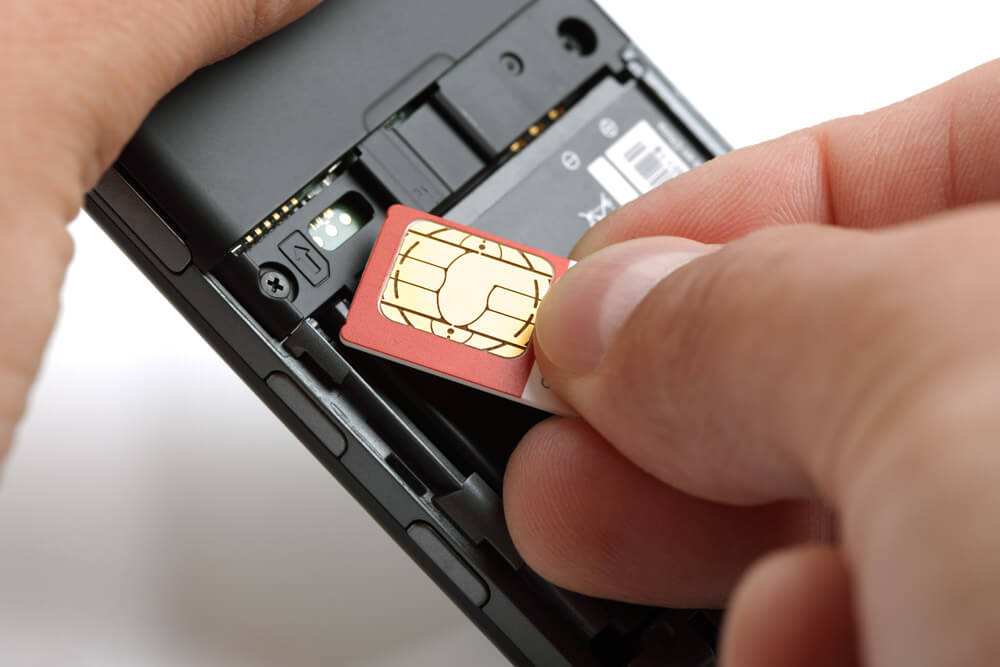For people out there that don’t believe in karma, perhaps the following story will change their minds. Reginald Middleton – a man who was charged with crypto fraud by the Securities and Exchange Commission (SEC) in 2019 and forced to pay a $1 million fine – had his phone hacked and much of his crypto stash stolen by cyberthieves.
Reginald Middleton Is the Latest SIM-Swapping Victim
Middleton was accused of stealing millions of dollars from investors after they pledged money to his company dubbed Veritaseum. Middleton’s company hosted an initial coin offering (ICO) to garner the funds necessary to keep the company in operation. However, he was later charged by the SEC for lying to investors about the company’s potential profitability.
In addition, Middleton was also charged with ignoring or disobeying current securities laws and manipulating the price of the currency Veritaseum was offering. Middleton has not admitted to any guilt at the time of writing, and the SEC appears to have settled the dispute with the $1 million fine he paid in 2019. However, he is still expected to return as much as $7.9 million to investors.
Middleton’s phone service was provided via T-Mobile. He is now filing suit against the company, claiming it didn’t do enough to implement proper security measures or prevent hackers from gaining access to his private information. As much as $8.7 million in crypto funds were stolen from Middleton’s digital wallet.
The process occurred via SIM-swap, which is common in the crypto space. A SIM-swap can occur in one of two ways. The first is arguably more complicated, and involves the hacker gaining access to private information of the owner of a specific cell phone number. This information can include their birthdate, their social security number, or other sensitive data.
From there, they call the user’s phone carrier and speak with a representative. They pretend to be the customer and claim to have lost access to their phone. Given that they have all the proper information, they are often able to answer probing questions and “prove themselves” to the rep. They then get the phone number of the user transferred over to a SIM card they control. From there, they’re able to access the person’s online accounts, and typically, this involves crypto or exchange wallets.
This Happens a Lot…
The second way is considerably simpler and shorter and involves bribing the rep with a small sum for quick access to the person’s phone data. The hacker can then do whatever they please.
SIM-swapping has been a serious problem for crypto holders as of late, with one of the more recent cases involving Michael Terpin and AT&T. Terpin is suing the cell phone provider for not preventing hackers from accessing his cell phone login data and stealing millions of dollars in crypto.



